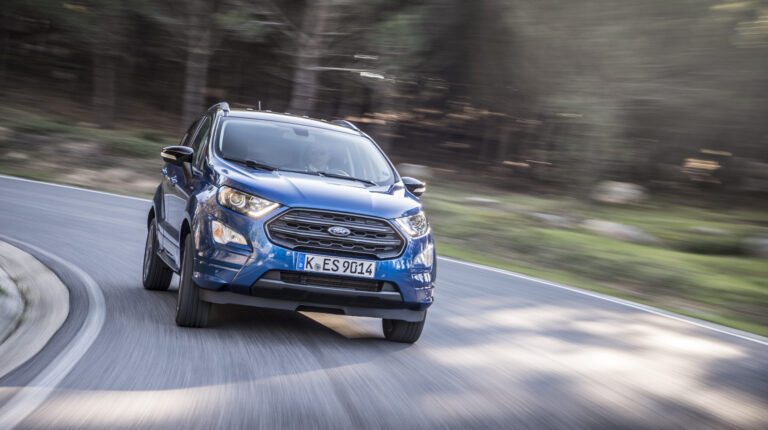Ford has announced that it is investing approximately US$5bn across its Louisville Assembly Plant and the BlueOval Battery Park in Michigan to deliver a new pickup and produce advanced prismatic LFP batteries, and has launched its new Ford Universal EV platform and Ford Universal EV Production System.
The new platform and production process together provide a “simple, efficient, flexible ecosystem” that will deliver “a family of affordable, electric, software-defined vehicles”. The first of these will be a midsize, four-door electric pickup. This will be assembled at the auto maker’s Louisville plant – in which Ford is investing US$2bn – and is due for launch in 2027.
Universal EV Platform
The Universal EV Platform is said to reduce parts by 20% compared to a typical vehicle, with 25% fewer fasteners, 40% fewer workstations dock-to-dock in the plant and 15% faster assembly time.
As an example, the wiring harness in the new midsize truck will be more than 4,000ft (1.3km) shorter and 10kg lighter than the one used in Ford’s first-gen electric SUV.
Lithium iron phosphate (LFP) prismatic batteries also enable space and weight savings, while delivering cost reduction and durability for customers. The platform’s cobalt-free and nickel-free LFP battery pack is a structural sub-assembly that also serves as the vehicle’s floor. This low center of gravity improves handling, creates a quiet cabin and provides more interior space. The midsize truck is aiming for a 0-60 time as fast as a Mustang EcoBoost, with more downforce.
“We took inspiration from the Model T – the universal car that changed the world,” said Doug Field, Ford chief EV, digital and design officer. “We assembled a really brilliant collection of minds across Ford and unleashed them to find new solutions to old problems. We applied first‑principles engineering, pushing to the limits of physics to make it fun to drive and compete on affordability. Our new zonal electric architecture unlocks capabilities the industry has never seen. This isn’t a stripped‑down, old‑school vehicle.”
Ford has said that additional specifications for the midsize electric truck – including reveal date, starting price, EPA-estimated battery range, battery sizes and charge times – will be communicated later.
Universal EV Production System
In developing this new system, the Ford team focused on improving manufacturing efficiency, and has adapted the traditional assembly line into an “assembly tree”, Ford says. Instead of a single conveyor, three sub-assemblies run along separate lines simultaneously before being joined together.
Large, single-piece aluminum unicastings replace numerous smaller components, allowing the front and rear of the vehicle to be assembled independently.
The front and rear are then combined with the third sub-assembly, the structural battery, which is independently assembled with seats, consoles and carpeting, to form the vehicle.
Parts travel down the assembly tree to operators in a kit. Within that kit, all fasteners, scanners and power tools required for the job are included – and in the correct orientation for use.
The Ford Universal EV Production System is designed to improve ergonomics by reducing twisting, reaching and bending, enabling employees to concentrate on assembly tasks.
Because of the integration between the Ford Universal EV Production System and Platform, assembly of the midsize electric truck could be up to 40% faster than Louisville Assembly Plant’s current vehicles. Some of that time will be reinvested into insourcing and automation to improve quality and cost, ultimately netting a 15% speed improvement.
The investment
Ford will invest nearly US$2bn in the Louisville Assembly Plant to build a midsize electric truck, securing 2,200 hourly jobs with support from an incentive package from the Kentucky Economic Development Finance Authority. The facility will expand by 52,000ft2 to improve material flow, and digital infrastructure upgrades will provide the fastest network and most access points of any Ford plant worldwide, enabling more quality inspections.
This investment is an addition to the previously announced US$3 billion for BlueOval Battery Park Michigan, which will produce prismatic LFP batteries for the midsize electric truck starting next year. Together, the projects represent about US$5bn in investment and are expected to create or secure nearly 4,000 direct jobs.
In related news, Blue Nexus Corporation, Aisin Corporation and Denso Corporation recently announced that their jointly developed e-axle has been installed in Isuzu’s first battery electric vehicle pickup, the D-Max EV. Read the full story here


